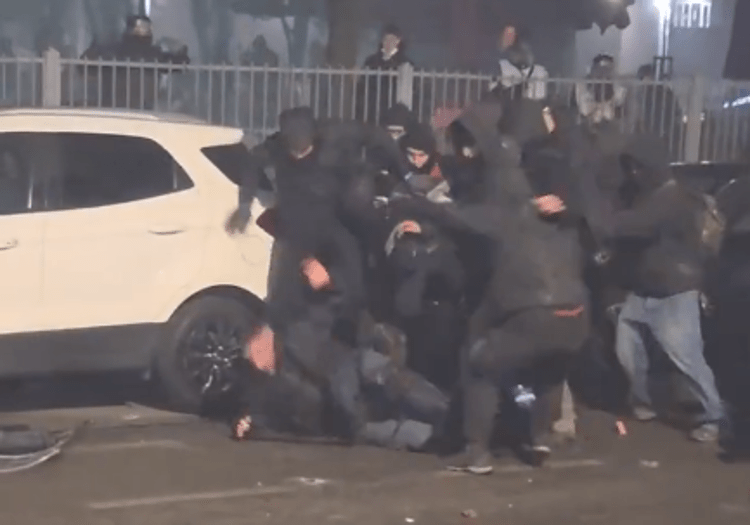
The collapse of the Assad regime: the shattering of Iranian influence in the Middle East
The fall of the Syrian regime forces Iran to rethink its security policy
With the collapse of Bashar al-Assad’s regime in Syria, the network of allies and proxies in which Iran had invested billions of dollars to exert political and military influence in the Middle East crumbled. Pillars such as Assad, Lebanese Hezbollah and Hamas have left the scene or have been militarily devastated by Israel. Only the Houthis in Yemen and the Shia militias in Iraq remain standing, but Iran’s deterrence capability now appears compromised.
Revisiting Iran’s security policy
The fall of Assad represents a strategic catastrophe that forces Iran to revise its security policy. This comes as Donald Trump prepares to return to the White House, with the risk of a renewed policy of ‘maximum pressure’ on the Islamic Republic, already experienced during his first term. 7 October triggered a chain reaction that caused radical changes, comparable to the US intervention in Iraq in 2003, but this time Tehran is at a disadvantage.
Loss of the ‘land bridge’ to the Mediterranean
As the Royal Institute of International Affairs notes, the end of the Assad regime means for Iran the loss of the ‘land bridge’ to the eastern Mediterranean and a severe economic blow. In 2023 alone, Syria imported almost 40 million barrels of oil from Iran, whose economy is on its knees due to sanctions. More importantly, Syria allowed Iran overland access to Hezbollah, the hub of its Axis of Resistance.
Reactions and Future Prospects
Tehran has expressed its intention to maintain its influence in Syria, calling for the formation of an inclusive government. However, early signals from post-Assad Syria have not been friendly, with many Syrians holding Tehran and Hezbollah responsible for Assad’s oppression. Armed factions ransacked the Iranian embassy in Damascus, sparing the Russian embassy.
Reduction of Iranian deterrence
The defeat in Syria and the removal of Hamas and Hezbollah as immediate threats to Israel have severely reduced Iran’s deterrence against Israeli attacks. Earlier this year, Israel launched two waves of air strikes directed against Iran, hitting military facilities and destroying air defence systems supplied by Russia.
The issue of the nuclear programme
With Iran’s leadership ageing and Supreme Leader Ali Khamenei turning 86 in April, many analysts fear that Iran may accelerate its nuclear programme to restore some level of deterrence against foreign attacks. Although Iran does not yet possess atomic weapons, it has increased its capacity to enrich uranium to levels that can be used for military purposes in a short time, calling into question the pledge made in a fatwa by Khamenei not to acquire weapons of mass destruction.
THE LATEST NEWS
(Photo: © AndKronos)
-

 Primo Piano7 ore ago
Primo Piano7 ore agoGB, arrestato e poi rilasciato ex principe Andrea: accuse legate al caso Epstein
-

 Economia21 ore ago
Economia21 ore agoDecreto bollette 2026, sconti per famiglie e imprese
-

 Flash12 ore ago
Flash12 ore agoTentato rapimento in pista di pattinaggio a Scandicci, paura per un bambino
-

 News18 ore ago
News18 ore agoMisure cautelari Torino: 18 indagati per violenze nei cortei pro Pal





















